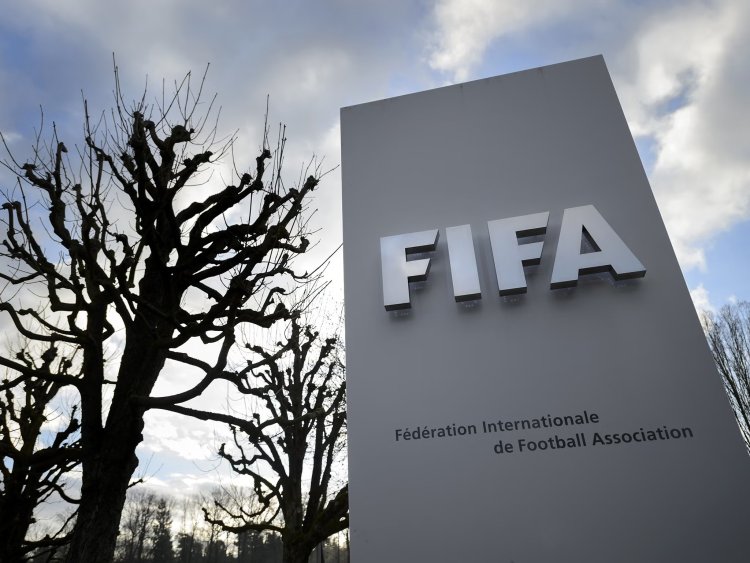FIFA revises player contract rules post-CJEU ruling

FIFA has implemented an interim regulatory framework modifying its Regulations on the Status and Transfer of Players, following a landmark ruling by the Court of Justice of the European Union (CJEU). The changes, set to take effect January 1, 2025, significantly alter how compensation is calculated in cases of contract breaches.
The revision comes after the EU's top court ruled that certain FIFA transfer rules violated EU laws and free movement principles, in a case involving former professional player Lassana Diarra. The new framework introduces a broader definition of "just cause" for contract termination and changes how compensation is determined in breach cases.
Under the new regulations, compensation will be calculated using an objective and transparent approach, focusing on restoring affected parties to their position prior to any contract breach. The framework eliminates specific calculation criteria that were deemed problematic by the CJEU.
The case originated from Diarra's departure from Lokomotiv Moscow in 2014, one year into a four-year contract. When he attempted to join Belgian club Charleroi, FIFA's refusal to issue an International Transfer Certificate (ITC) prevented his registration. The CJEU subsequently ruled such ITC refusal unlawful. FIFA had initially ordered Diarra to pay €10 million in damages to Lokomotiv Moscow.
Players' union FIFPRO has declined to participate in discussions regarding the amendments and has criticized FIFA's decision. The union stated it could not reach a consensus to negotiate regulation changes reflecting the court's ruling.
The changes represent a significant shift in FIFA's approach to player transfers and contract disputes, aiming to align with EU legal requirements while maintaining a framework for resolving contractual disputes in professional football.















